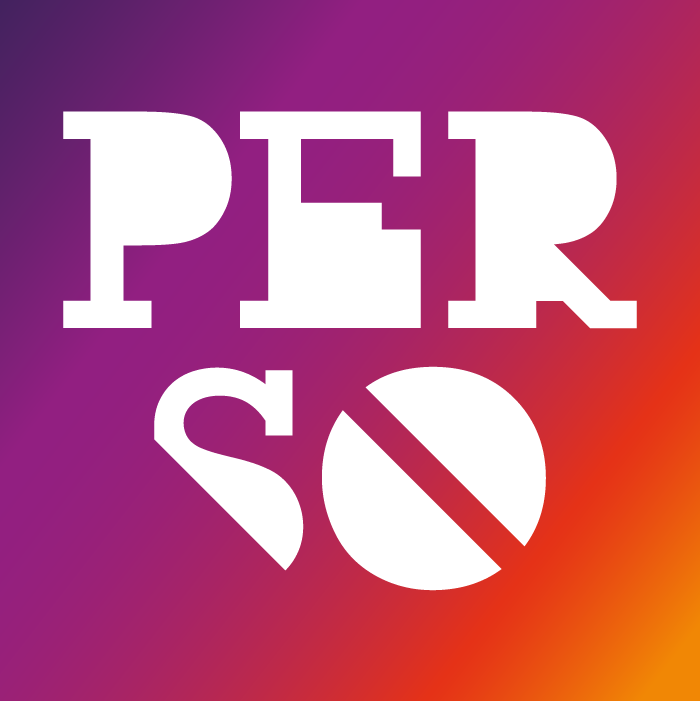My Place is Here
PerSo Cinema Italiano
By Michele Aiello
Italia, 2020, 81’
Thursday 7th october Cinema Zenith, Via Bonfigli 11 – 21.30
SCHEDA FILM
International title: My Place is Here
Director: Michele Aiello
Writer: Michele Aiello
Writer: Luca Gennari
Producer: Michele Aiello
Editor: Corrado Iuvara
Cinematographer: Luca Gennari
Music: Francesco Ambrosini
Project Type: Documentary
Genres: Documentary
Runtime: 1 hour 21 minutes
Completion Date: March 31, 2021
Production Budget: 21,000 EUR
Country of Origin: Italy
Country of Filming: Italy
Language: Italian
Shooting Format: Digital
Aspect Ratio: 2:1
Film Color: Color
First-time Filmmaker: No
Student Project: No
LOGLINE
A 30-days journey inside a hospital. A unique document on the Western World facing the unknown. A crew observes and shows, for the first time, the emotional burden and the luminous gestures that connect the medical staff and the COVID-19 patients during the outbreak of the pandemic.
SHORT SYNOPSIS
Lombardy, Italy – March 2020
A small camera team enters the wards of the hospital of Brescia, that is dramatically facing the first pandemic peak of COVID-19. It respectfully observes moments of what is the new and partly unknown daily activity in it. But most of all, they show the intimacy that is created between patients and medical staff, beyond the inevitable isolation barriers. Moments of uncertainty, pain, fragility and humility intertwine and are especially expressed through the unspoken details that hold us somewhere between symphony and tragedy.
PerSo Cinema Italiano
Director Statement
Whenever I think of a doctor, I think of my mother Silvia, a tireless and generous pediatrician. Since childhood I’ve been fascinated by the way she works, completely dedicated to the care of children, whether they are her young patients or not, always available far beyond working hours.
When the pandemic hit Italy and the hospitals began to admit patients in massive waves, I thought of the many Silvias, hard and dedicated workers who make an essential contribution to their community. For this reason I did not want to portray the medical staff as impersonal heroes. Rather, I was interested in grasping the complexity and the essence of those moments.
The key feature of this complex situation was the isolation of patients, a condition equally painful for the patients as for the medical staff. The only people able to be with patients and to comfort them were doctors and nurses, but those only possible human contacts were through barriers, even in the critical moments on the point of death. This tragic loneliness comes out again and again in the documentary.
Since I had no time for location surveys, I had to write the story while filming it together with my mate and DoP Luca Gennari. From the first days of shooting I decided it was going to be a collective story. Hence, the leading role is played by the entire community of medical staff and their patients.
I chose to film from the point of view of an eyewitness, like if I were one of the protagonists. I prefer not to define or impose a rigid point of view in my films, because I’d like the audience to be as free as possible to interpret what they are watching.

MICHELE AIELLO
Michele Aiello (1987) is author and director of documentary films. He is also Participatory Video facilitator and trainer. He is partner in ZaLab Film and he collaborated with public radio station Radio3 RAI, the Theatre of Rome’s Laboratorio Teatrale Integrato Piero Gabrielli and independent filmmakers. Graduated in International Relations, he specialized in armed conflict and marginalization of minorities. Occasionally, he works as a freelance journalist.
Filmography
Un giorno la notte, 2019 (One Day the Night – documentary, 69’), director;
Paese Nostro, 2017 (documentary, 120’), co-author;
Violent Balkan Route, 2017 (reportage, 31’), journalist;
FuoriClasse, 2016 (A School of their Own – documentary, 74’), co-author.





